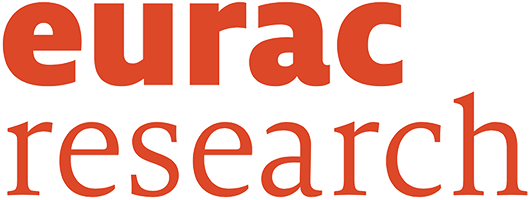Guidelines for abstract submission
All authors wishing to present papers at SBE21 Heritage Conference are required to submit an abstract using the online submission system. Only abstracts submitted through the online submission system will be considered for the conference.
Abstracts must be written in English and not exceed 500 words (excluding affiliation and bibliography). Submission and subsequent evaluation will be anonymous following a double-blind peer review. Please do not insert any information that could reveal the identity of the author(s).
The abstract should briefly highlight the major points covered by your work and describe concisely its content and scope while reviewing its material in an abbreviated form. The abstract must be to the point and easy to read and cover all the relevant points and results of your research / project. Abstracts will be evaluated according to the following criteria:
- Interest to conference audience
- Novelty of the study
- Appropriateness of methodology
- Relevance of the conclusions
